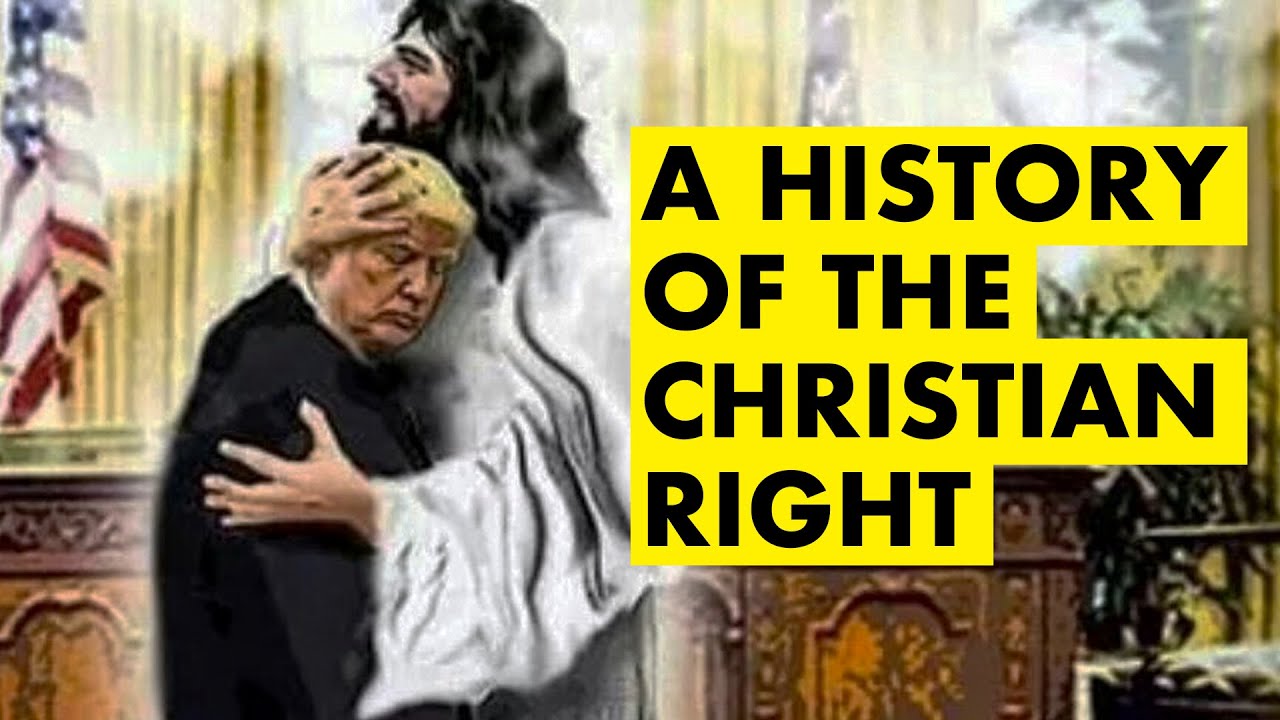The video explores the deep and evolving relationship between evangelical Christians and the Republican Party in the United States, tracing its historical roots, theological foundations, political motivations, and cultural impact. Evangelicals, a subset of Protestant Christianity emphasizing a born-again experience, personal relationship with Jesus, evangelism, and biblical authority, have become a powerful and loyal political bloc within the GOP. This alliance, which solidified during the late 20th century, especially under Ronald Reagan and George W. Bush, has shaped American politics by intertwining evangelical religious identity with conservative political ideology.
The video outlines how evangelical Christianity, once marginalized and ridiculed in American society, surged into mainstream political influence through charismatic leaders like Billy Graham and televangelists, and how the Moral Majority, founded by Jerry Falwell Sr., mobilized evangelical voters. The movement’s core concerns—opposition to abortion, defense of traditional family values, resistance to secularism, and support for Israel—aligned closely with the Republican platform, enabling a mutually beneficial partnership.
The summary highlights how the evangelical political coalition helped shift the Republican Party into a dominant conservative force, influencing key policy debates around abortion, gay rights, religious liberties, and foreign policy. Despite setbacks in the 1990s due to televangelist scandals and cultural shifts, evangelicals reasserted themselves politically during the George W. Bush era, professionalizing their political activism. In recent years, evangelical support for Donald Trump has been particularly notable, marked by strong personal loyalty beyond mere issue alignment.
The video concludes by raising critical questions about the interplay between evangelical faith and political identity, asking whether evangelical Christians’ political views stem from their religious beliefs or if their faith has become an expression of their political commitments.
Originally posted 2025-06-03 04:02:33.

